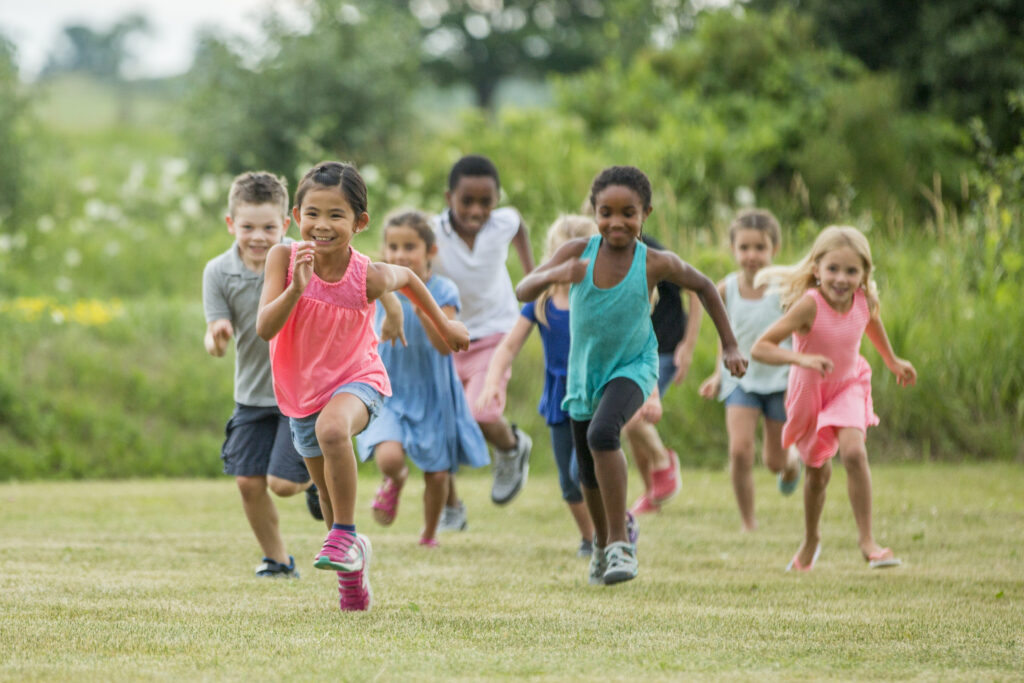Episode 11
In this episode of the Healthy Youth Sports podcast, we are joined by Dr. Thomas Kern, a distinguished sports medicine physician from Tulsa, OK. Dr. Kern specializes in managing multiple teams as a primary care sports medicine physician within a sports medicine fellowship. He brings his expertise from the Center for Concussion at the University of Oklahoma School of Community Medicine, where he cares for concussion patients across all levels, from youth sports to professional athletes.
In this episode, we dive into the world of concussions, focusing on the importance of rest after a concussion and how it differs between youth and adult athletes. Dr. Kern shares tips on when it’s safe to return to school and get back to activities, as well as when to start exercising again. We also chat about common mistakes that can slow down an athlete’s return to play and what to do if progress seems slower than expected.
Whether you’re a parent, athlete, or healthcare provider, this episode is full of valuable insights to help you navigate concussion recovery in youth sports. Tune in and learn how to support young athletes as they recover and get back to doing what they love.
Additional Resources:
ACSM Resources on Sport-Related Concussion
Selected Issues in Sport-Related Concussion for the Team Physician: A Consensus Statement, published in Current Sports Medicine Reports (2021)








